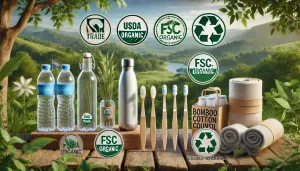In an era where environmental consciousness influences consumer choices, many products are marketed as "sustainable" or "eco-friendly." However, not all such claims withstand scrutiny. This practice, known as "greenwashing," involves companies presenting misleading information to appear more environmentally responsible than they are.
A 2023 Deloitte survey revealed that 57% of Canadian consumers distrust firms' environmental claims, highlighting the prevalence of greenwashing in the market
studies have found that up to 50% of green claims have no supporting evidence and weak or non-existent verification
Understanding Greenwashing
Greenwashing occurs when companies make unsubstantiated or misleading claims about the environmental benefits of their products or services. This practice not only deceives consumers but also undermines genuine sustainability efforts. The lack of standardized regulations around environmental advertising exacerbates this issue, making it challenging for consumers to discern authentic sustainable products from those merely posing as such.
A 2010 study found that approximately 95% of consumer products claiming to be green were discovered to commit at least one of the "seven sins of greenwashing”
The Seven Sins of Greenwashing
- Hidden trade-offs
- No proof
- Vagueness
- Worshipping false labels
- Irrelevance
- Lesser of two evils
- Fibbing
The Canadian Competition Bureau has noted an increase in false or misleading environmental advertisements, emphasizing the need for consumers to critically assess green claims.
Below are examples of products that have been claimed as sustainable but actually aren’t:
- Bamboo Toothbrushes: While bamboo is a renewable resource, many bamboo toothbrushes still use non-recyclable nylon bristles, and the production process can involve significant energy consumption. A study from Trinity College in Dublin had shown that a better alternative would be to have plastic brushes with replaceable heads.

- 'Green' labeled Cleaning Products: Some cleaning products claim to be eco-friendly but contain undisclosed harmful chemicals, and their production processes may not be sustainable.
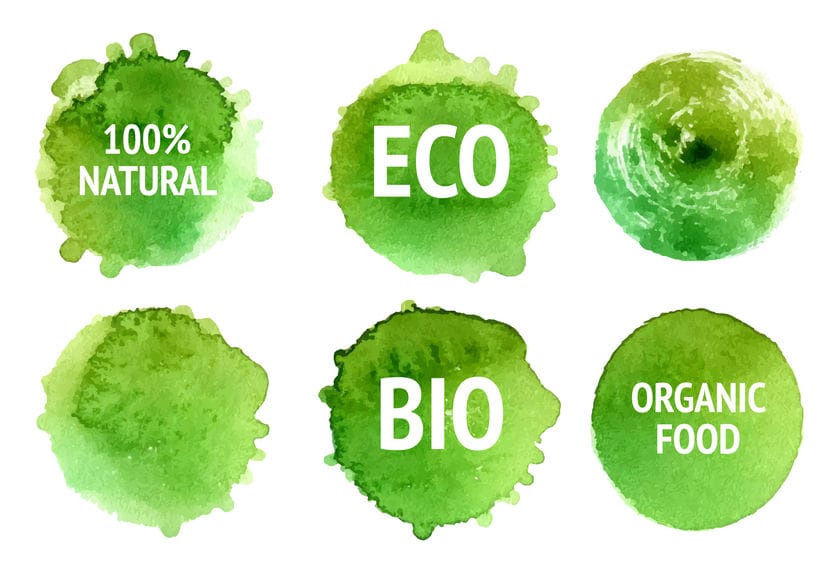
- Paper Straws: Intended to replace plastic straws, some paper straws have been found to contain per- and polyfluoroalkyl substances (PFAS), which are persistent environmental pollutants. Study finds that PFAS is contained more often in bamboo and paper straws than plastic.
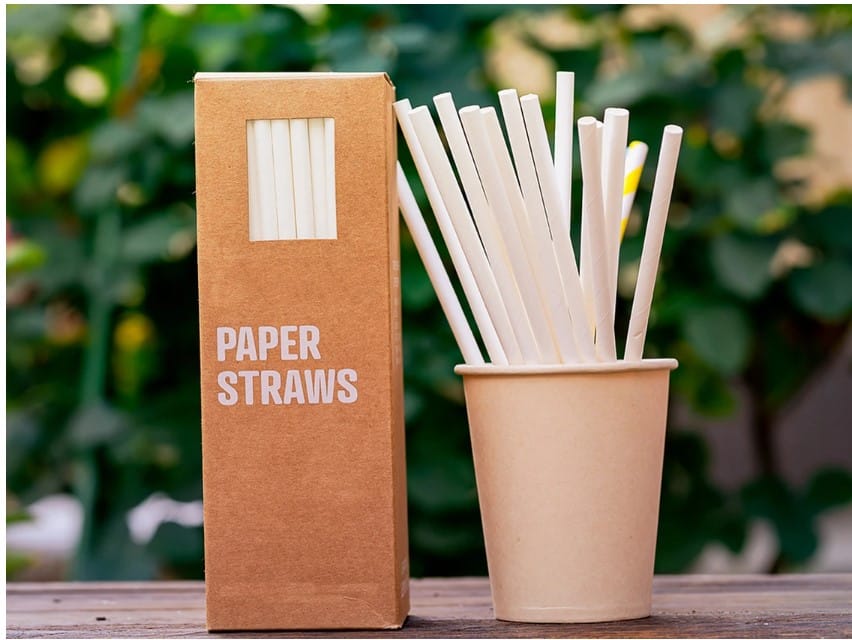
- Planet-Based Plastic Packaging: Some bio-plastics, though derived from plants, require industrial composting facilities to decompose and may not break down in natural environments, leading to similar issues as traditional plastics. Around 70 – 80% of bioplastics require specific industrial composting conditions to fully decompose and may not break down effectively.
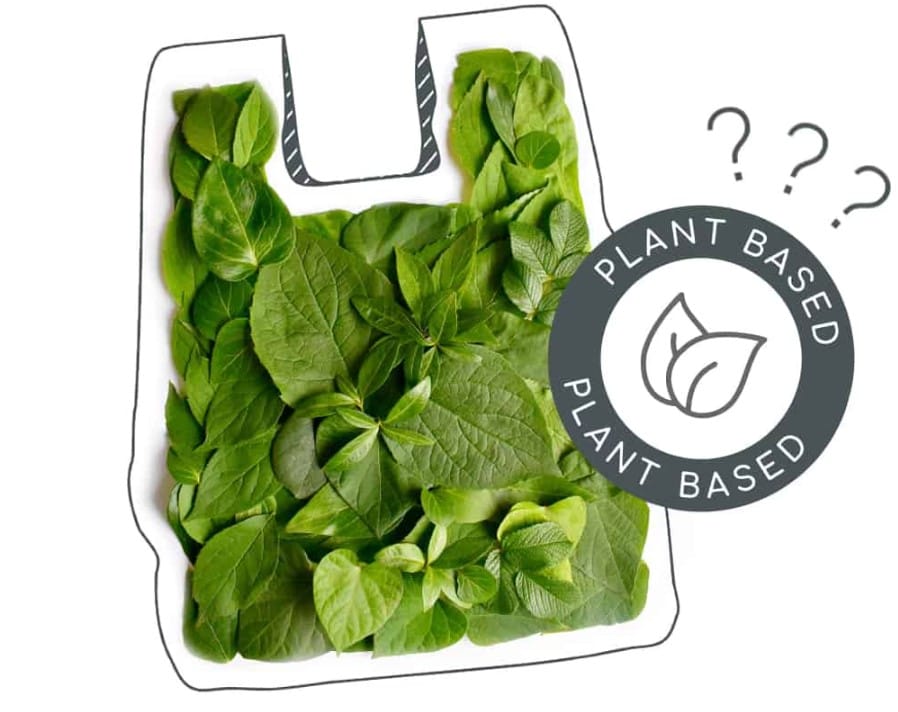
- Organic Cotton Tote Bags: Despite being reusable, studies have shown that an organic cotton tote bag needs to be used 20,000 times to offset its production impact compared to single-use plastic bags, due to the resource-intensive nature of cotton farming.
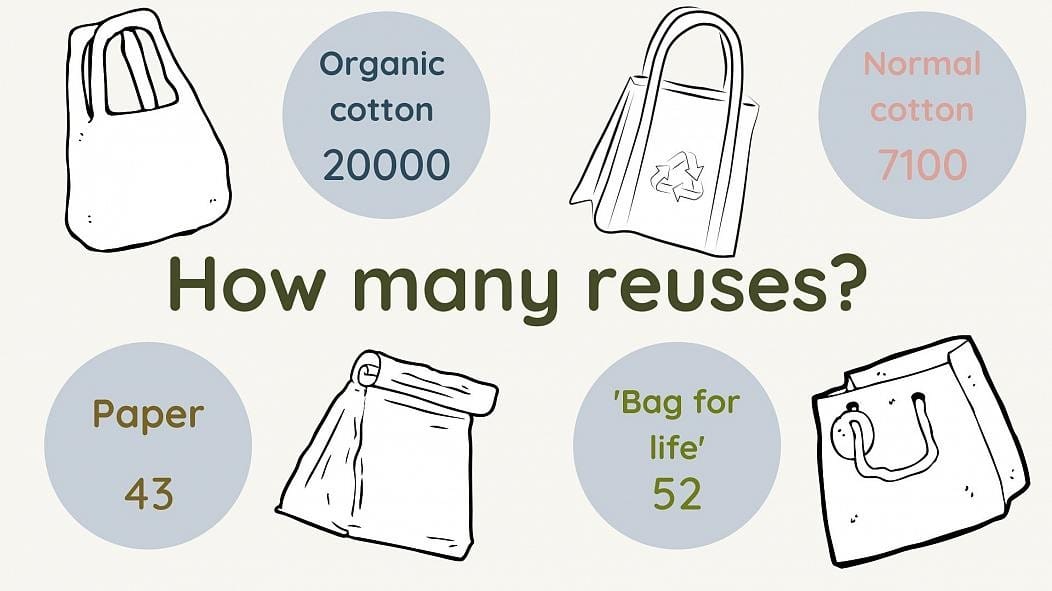
In Toronto, consumer skepticism towards green claims is significant.
A Greenpeace Canada poll found that 93% of Canadians support penalties for companies making unproven environmental claims, reflecting widespread concern over greenwashing.
To combat misleading claims, Canada is consulting on guidelines for environmental claims to protect consumers and ensure that companies substantiate their sustainability assertions.
How to Identify Genuine Sustainable Products
- Look for Certified Labels: Trustworthy certifications include USDA Organic, Fair Trade Certified, and Energy Star.
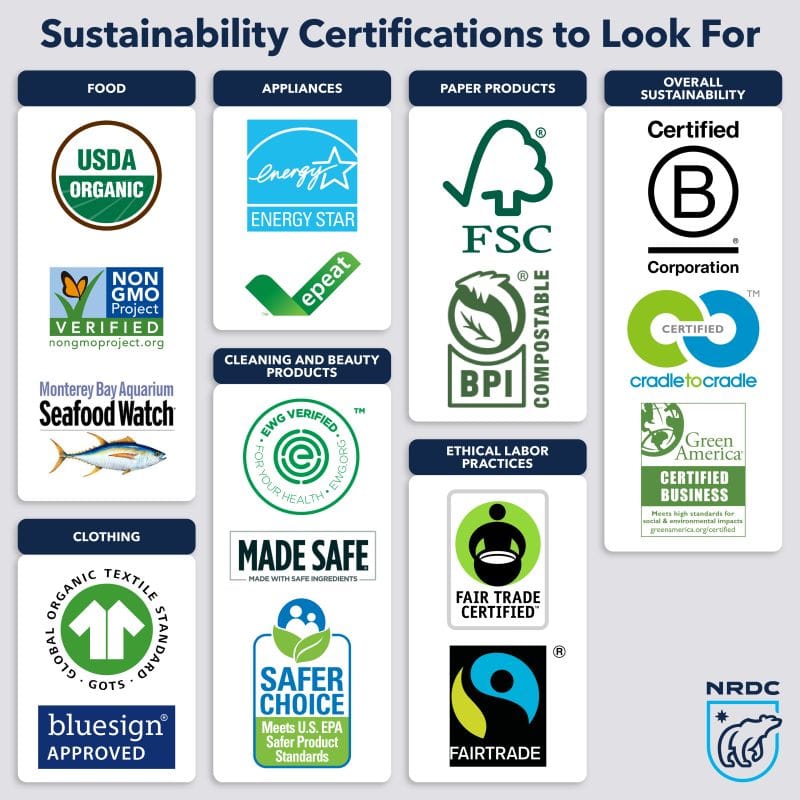
- Research the Company: Investigate the company's overall environmental practices and sustainability reports.
- Be Skeptical of Vague Claims: Terms like "eco-friendly" or "natural" without specific explanations may be red flags.
- Consider the Product's Lifecycle: Evaluate the environmental impact of a product from production to disposal.
While the demand for sustainable products is a positive trend, it's crucial to remain vigilant against greenwashing.

